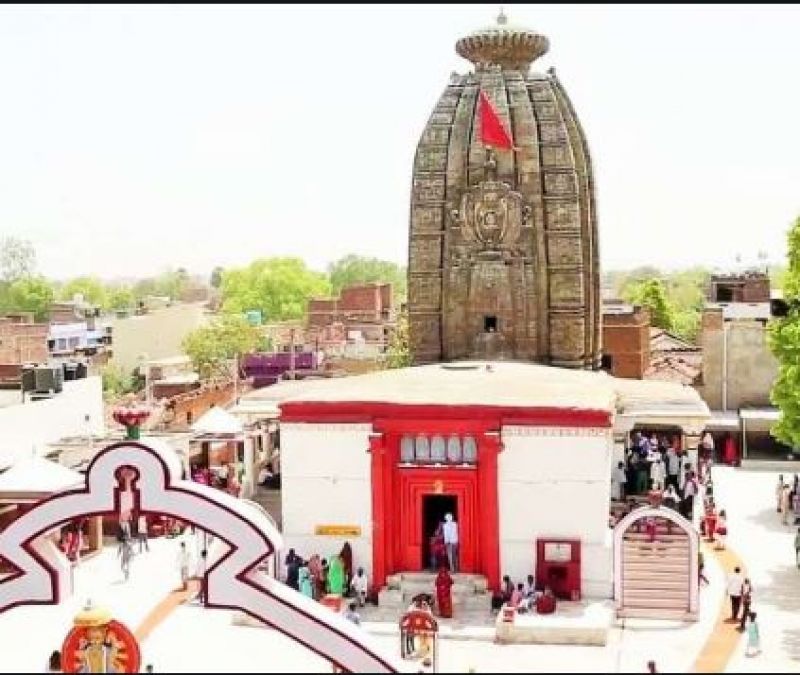
There are many famous temples of Lord Surya in India and all have their own different significance. Dev Sun Temple, located in Aurangabad district of Bihar, has a history of its own. The specialty of this temple increases further during the Chhath festival. A festival is also held here every year on Surya Achala Saptami. Here Suryakund pond on Chhath also has special significance.
If you also chew nails, then stop today or else...
Relation of Dev Temple and Chhath
It is said that when the gods were defeated at the hands of the devils in Dewasur Sangram, then Goddess Aditi worshiped the sixth Maiya in Devarnya for the attainment of the glorious son. Pleased then, the sixth Maiya gave her the boon of being a full-blown bright son. After this, Aditi's son Tridev Roop Aditya became God, who has given victory to the gods over the devils. It is said that from the same time, the name of this Dham became Dev and the practice of Chhath has also started in the name of Dev Sena Shashthi Devi.
According to astrology, this planet has a unique relation with water
Importance of doing Chhath in Dev Sun Temple
Chhath is of different importance in this temple. It is said that Lord Surya is seated here in three forms. This is the only Sun Temple in the entire country, which is not west facing. Lord Surya, Brahma, Vishnu and Mahesh are seated in the sanctum sanctorum of the temple. At the main entrance of the sanctum sanctorum there is a statue of Lord Surya on the left and on the right is a statue sitting in the lap of Lord Shankar. Such a statue is not seen in other temples of Surya. A grand fair is organized here during the Chhath festival. Every year lakhs of devotees from all over the country come here to perform Chhath pooja. It is believed that every wish of the devotees who worship Lord Sun in this temple is fulfilled. During Chhath, people's faith towards this temple increases further.
If there is a shortage of money in life, then follow these 7 measures
Construction of temple
According to the belief, this temple was constructed by Lord Vishwakarma himself in just one night. The inscription written in Pali script outside this temple shows that this temple was constructed between the eighth-ninth century. A mixture of all three styles of civil, Dravidian and basar is seen in its craft. The temple craft merges with the Konark Sun Temple in Odisha.